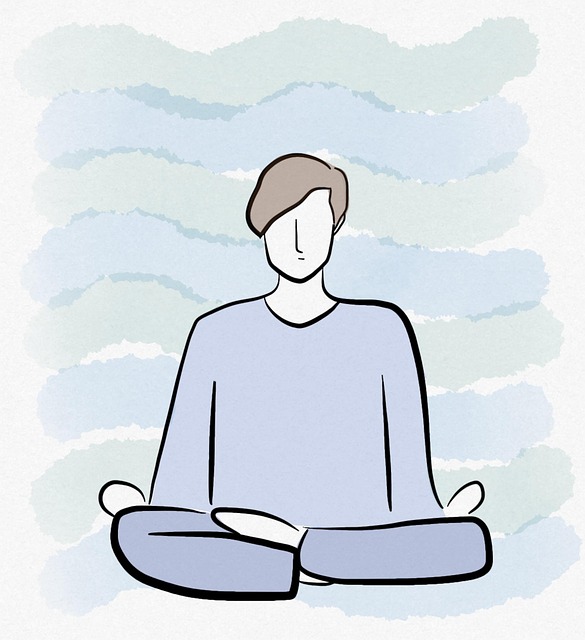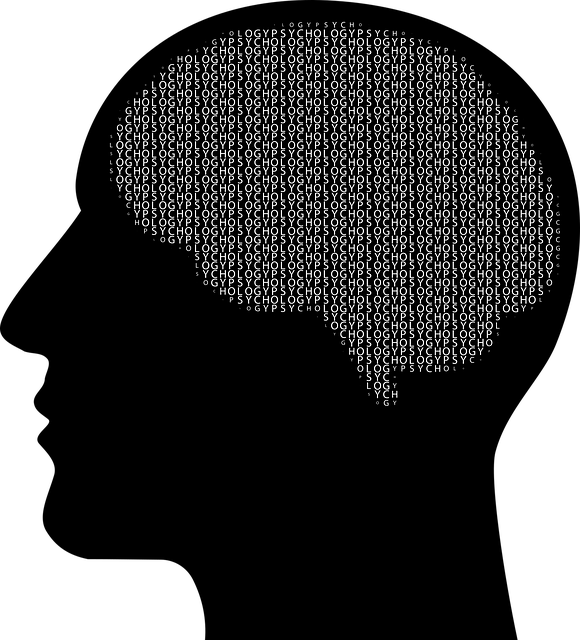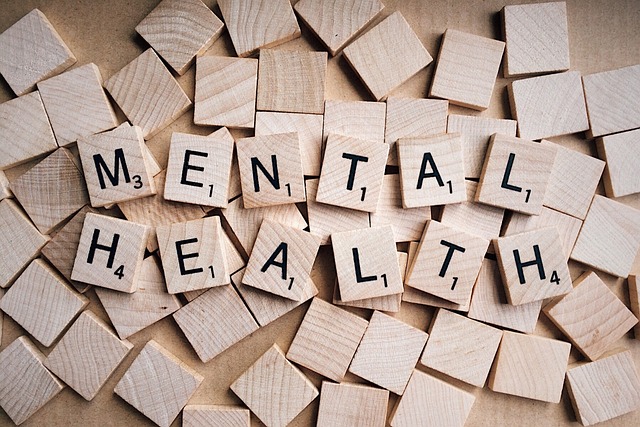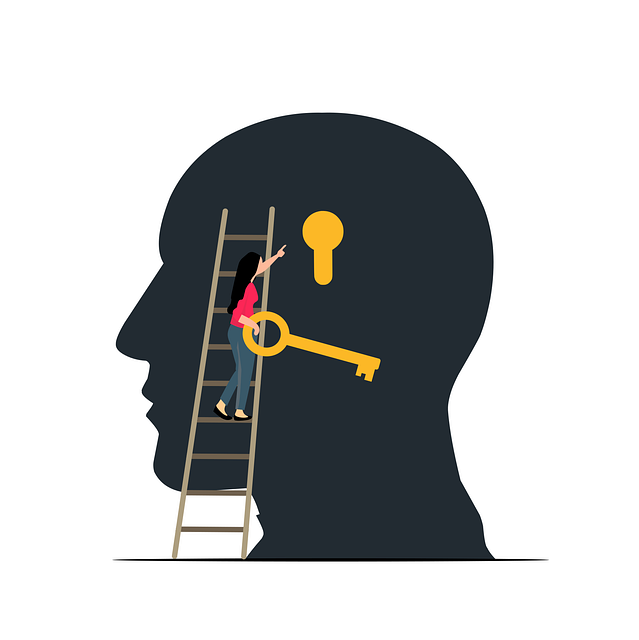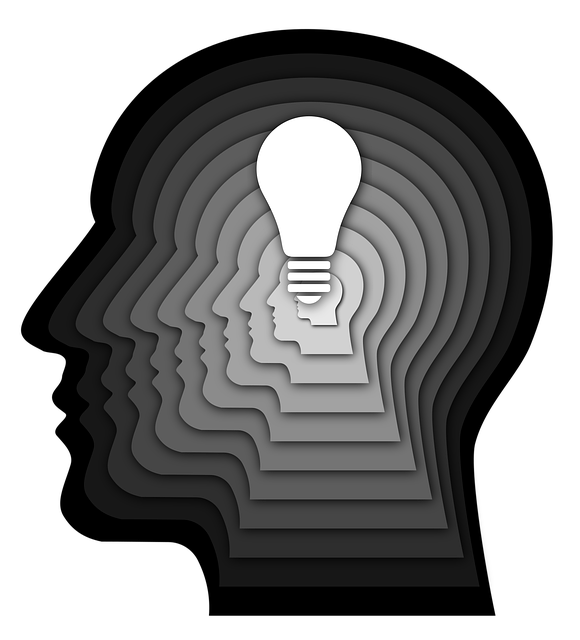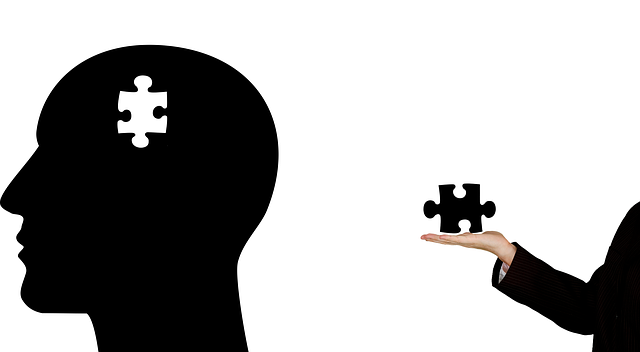Superior Geriatrics Therapy is a holistic approach to geriatric care, focusing on both physical and mental wellness. Through evidence-based practices like Mental Wellness Coaching, Cognitive Stimulation Therapy, and self-care routines, this therapy equips seniors with adaptive coping mechanisms and enhances their resilience. Regular assessments, tailored interventions, and engaging platforms create inclusive spaces for open conversations about aging and mental health. Crisis management techniques, personalized to individual needs, empower residents to manage emotional healing processes, fostering stability and improved quality of life within senior living communities.
In the complex landscape of geriatric care, crisis intervention strategies are vital for maintaining quality of life. This article guides professionals through essential practices, focusing on Superior Geriatrics Therapy. We explore key aspects such as understanding crisis intervention in geriatric settings, implementing practical strategies, and adopting effective crisis management techniques. By delving into these topics, we aim to empower caregivers with the knowledge needed to navigate challenges and enhance patient care.
- Understanding Crisis Intervention in Geriatric Care
- Practical Strategies for Superior Geriatrics Therapy
- Implementing Effective Crisis Management Techniques
Understanding Crisis Intervention in Geriatric Care

In the realm of geriatric care, crisis intervention strategies are crucial tools for addressing acute mental health challenges among older adults. Understanding these interventions involves recognizing that aging can bring about unique stressors and vulnerabilities, such as loneliness, cognitive decline, and chronic illnesses. Superior Geriatrics Therapy emphasizes a holistic approach, focusing not just on physical health but also on the intricate web of mental wellness. By integrating evidence-based practices like Mental Wellness Coaching Programs Development, the therapeutic process equips individuals with adaptive coping mechanisms to navigate crises effectively.
Conflict Resolution Techniques and Self-Awareness Exercises are integral components of this strategy. The former helps in managing interpersonal tensions while the latter fosters a deeper understanding of one’s emotions and triggers. These exercises not only enhance resilience but also promote independent living by empowering seniors to handle challenges with grace and dignity, ensuring a higher quality of life within their communities.
Practical Strategies for Superior Geriatrics Therapy

In providing Superior Geriatrics Therapy, a multifaceted approach is essential to effectively address the complex needs of elderly individuals. One practical strategy involves integrating holistic care models that consider both physical and mental health. This includes regular assessments of cognitive function, emotional well-being, and social connectivity, as these factors are integral to overall geriatric wellness. Additionally, tailored interventions such as cognitive stimulation therapy, group support sessions, and mind-body practices can significantly enhance mental wellness.
Leveraging resources from the Mental Wellness Podcast Series Production can offer engaging and accessible platforms for disseminating evidence-based practices in geriatric care. Similarly, Mental Illness Stigma Reduction Efforts play a crucial role in fostering inclusive environments that encourage open conversations about aging and mental health challenges. Encouraging self-care routine development for better mental health is another powerful tool; simple yet impactful habits like regular exercise, mindfulness meditation, and quality sleep routines can substantially contribute to the overall well-being of geriatric patients.
Implementing Effective Crisis Management Techniques

Implementing effective crisis management techniques is paramount in providing quality care, especially within senior living communities where residents’ emotional well-being is a top priority. Superior Geriatrics Therapy recognizes that each individual has unique needs and experiences during times of distress. Therefore, tailoring interventions to address specific triggers and preferences can significantly enhance their effectiveness. This personalized approach involves understanding the underlying causes of crises, whether they are acute or chronic, and leveraging evidence-based practices such as Mind Over Matter principles to empower residents in managing their emotional healing processes.
By integrating Mental Wellness Coaching Programs Development into their care strategies, senior living communities can foster an environment that not only responds to crises but also promotes resilience and coping mechanisms. These programs focus on teaching practical skills and techniques to help individuals navigate challenging situations while enhancing their mental wellness. When crisis intervention is seamlessly incorporated into daily routines and supported by specialized coaching, residents can develop the resources needed to maintain stability and improve overall quality of life.
In the realm of geriatric care, effective crisis intervention is a game-changer. By understanding the unique challenges older adults face and employing practical strategies such as those outlined in this article—including superior geriatrics therapy and effective crisis management techniques—caregivers can significantly enhance quality of life for their patients. Navigating these strategies ensures a more compassionate and competent response to crises, ultimately fostering a supportive environment where folks can thrive despite the challenges they may encounter.
